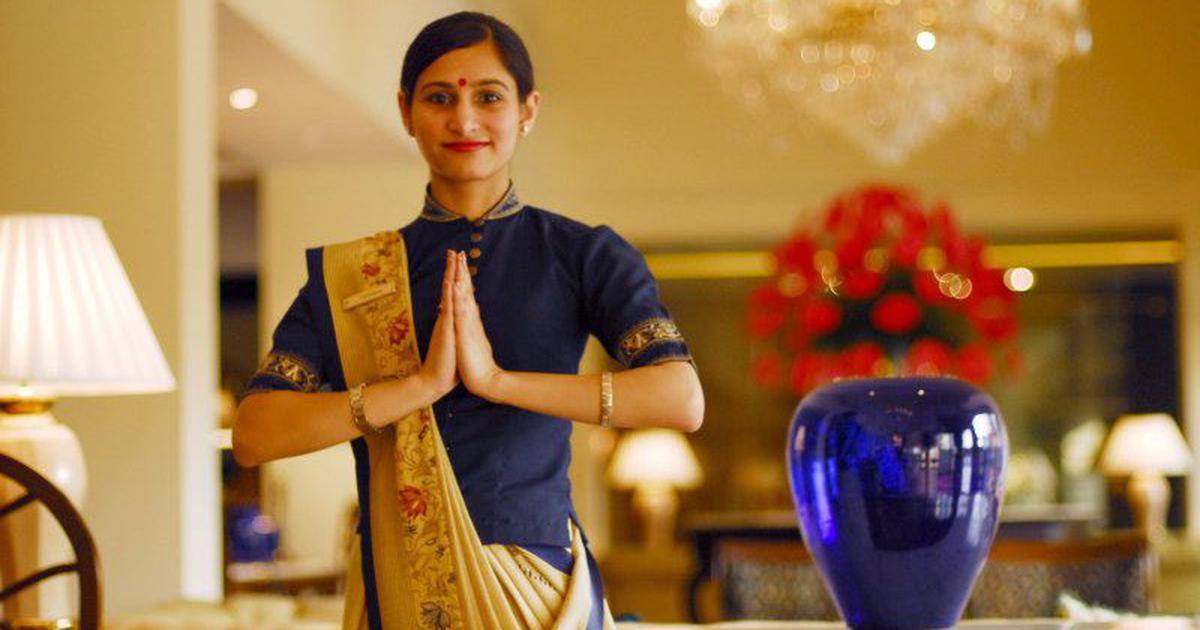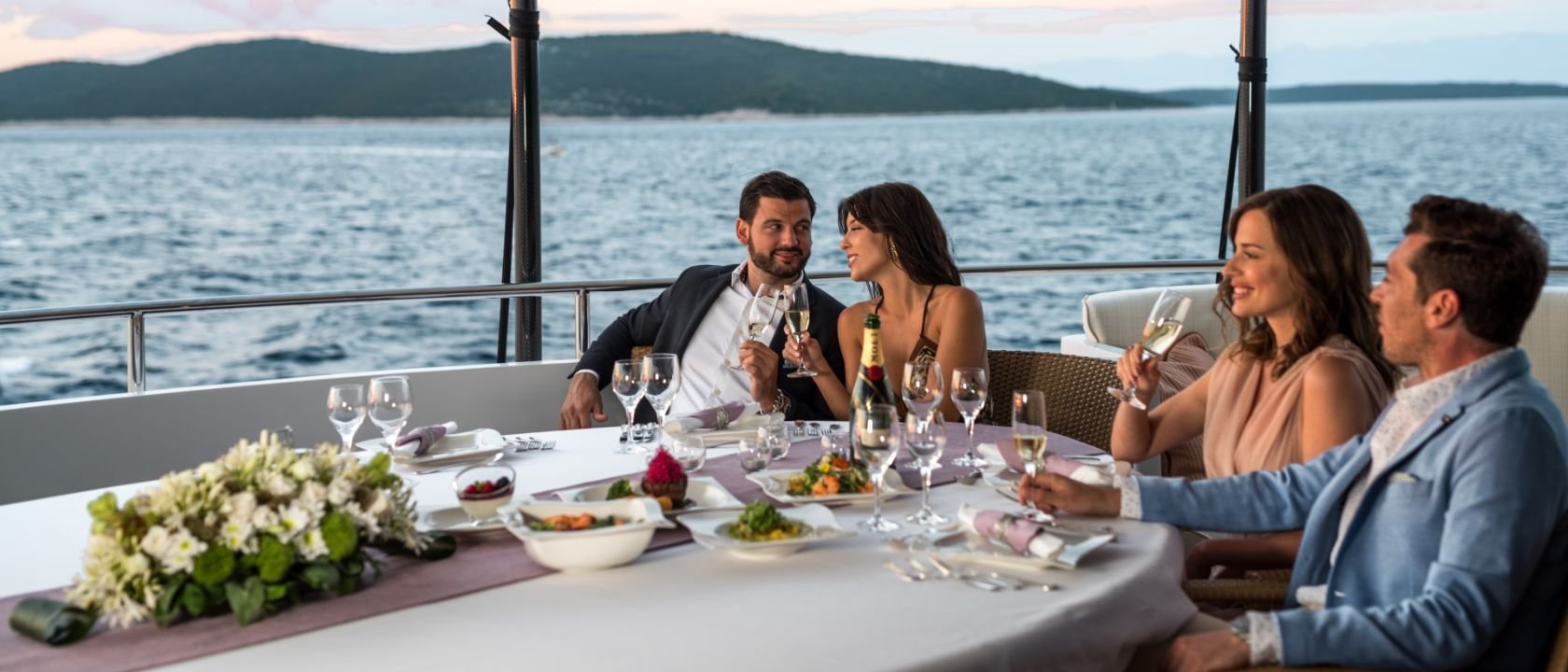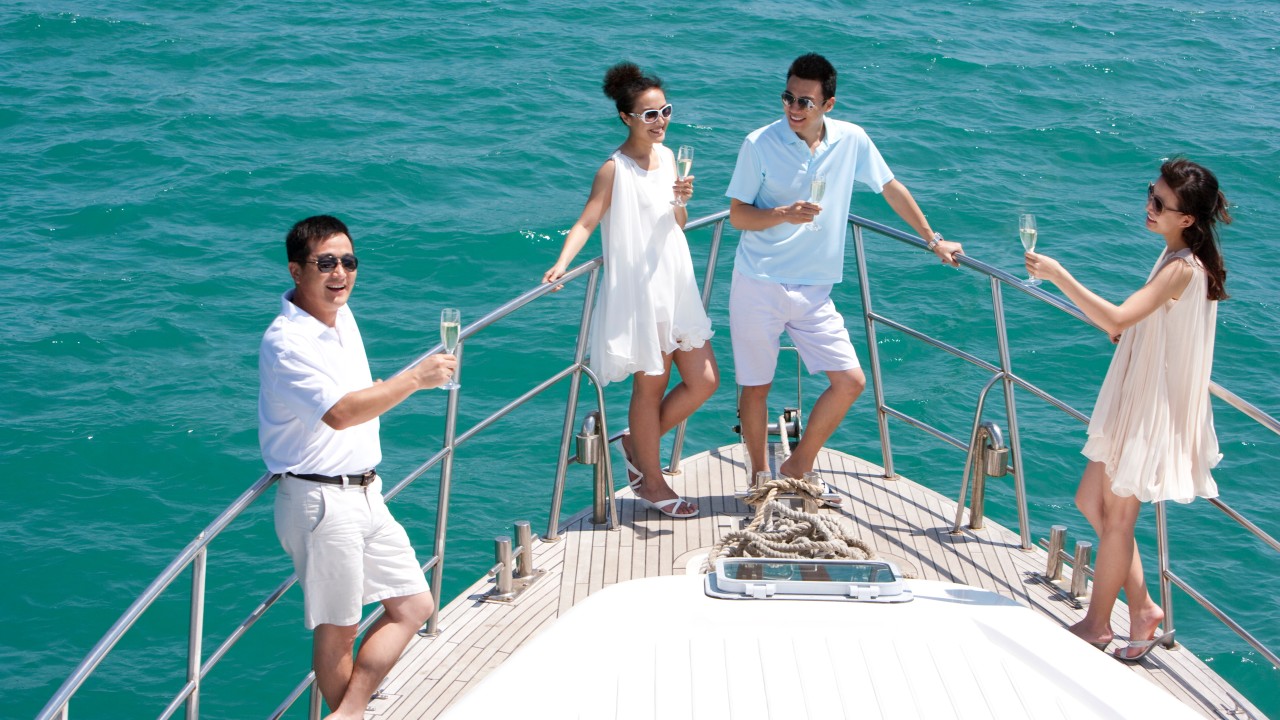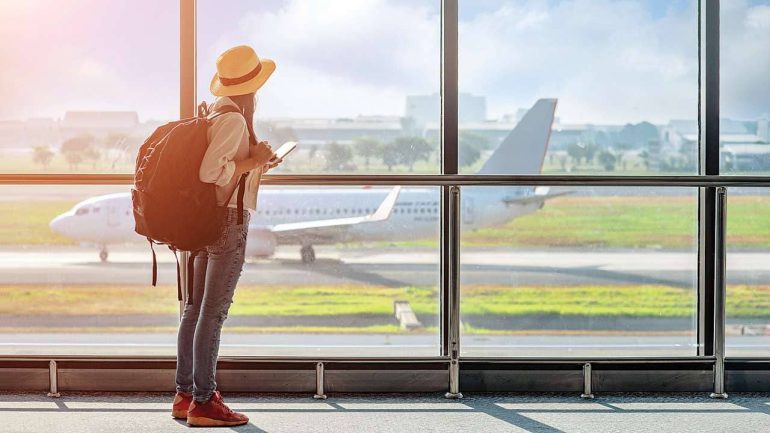The hospitality and travel industry experienced an unprecedented transformation following the COVID-19 pandemic, fundamentally altering how businesses communicate with their audiences and rebuild consumer confidence. The crisis that once threatened the very existence of countless hotels, restaurants, and travel companies has now become a catalyst for innovation in public relations strategies. As the industry emerges from this challenging period, PR professionals are discovering that traditional marketing approaches no longer suffice in addressing the evolved expectations of modern travelers.
The pandemic has reshaped consumer behavior in profound ways, with travelers now prioritizing safety, sustainability, and meaningful experiences over luxury amenities alone. According to recent industry research, 70% of travelers now consider health and safety protocols as a top priority when selecting destinations and accommodations. This shift has forced hospitality brands to completely reimagine their communication strategies, moving away from glossy promotional content toward transparent, trust-building narratives that address genuine consumer concerns.
The resilience demonstrated by the hospitality sector during the crisis has highlighted the critical importance of agile PR strategies that can adapt to rapidly changing circumstances. Hotels that successfully navigated the pandemic were those that embraced transparent communication, demonstrated empathy, and showed genuine commitment to guest and staff well-being. This experience has established new benchmarks for crisis communication and has fundamentally changed how hospitality brands approach their public relations efforts in the post-pandemic world.
Understanding the New Consumer Mindset

The modern traveler represents a significant departure from pre-pandemic consumer behavior patterns. Today’s travelers are more informed, cautious, and values-driven than ever before, with 67% reporting that social media influences their travel decisions. This shift has created both challenges and opportunities for hospitality PR professionals who must now craft messages that resonate with heightened consumer awareness and responsibility.
Post-pandemic travelers are increasingly seeking authentic experiences that connect them with local communities and cultures rather than generic luxury offerings. This preference for meaningful engagement has pushed hospitality brands to develop PR strategies that emphasize storytelling, community involvement, and cultural immersion. The focus has shifted from promoting once-in-a-lifetime adventures to highlighting sustainable, responsible travel options that align with evolving consumer values.
The emphasis on health and safety has become paramount in consumer decision-making processes. Travelers now extensively research safety protocols, cleanliness standards, and health certifications before making booking decisions. This heightened awareness has made transparency a cornerstone of effective hospitality PR, requiring brands to communicate their safety measures clearly and consistently across all channels.
Digital Transformation and Technology Integration
The pandemic accelerated digital adoption across the hospitality industry, making technology integration essential for effective PR strategies. Hotels and travel companies that previously relied on traditional marketing channels were forced to rapidly develop their digital presence, leading to innovative approaches in online engagement and virtual experiences.
Virtual tourism and immersive digital experiences emerged as powerful PR tools during the pandemic, with many companies launching VR tours and interactive online spaces to maintain relevance and attract future bookings. These digital innovations have proven so effective that many brands continue to incorporate them into their post-pandemic PR strategies, offering prospective travelers unique ways to experience destinations before visiting.
The rise of contactless technology and digitalized guest experiences has created new opportunities for PR storytelling. Brands can now showcase their technological innovations as part of their commitment to guest safety and convenience, positioning themselves as forward-thinking and responsive to modern traveler needs. This technological focus has become a key differentiator in competitive hospitality markets.
Transparency and Trust-Building Strategies

Transparency has emerged as the foundation of successful post-pandemic hospitality PR, with consumers demanding clear, honest communication about safety measures, policies, and brand values. The most successful hospitality brands have embraced this demand for transparency by implementing comprehensive communication strategies that address consumer concerns proactively.
Marriott International’s “Commitment to Clean” initiative exemplifies effective transparency in hospitality PR, combining rigorous safety protocols with robust communication campaigns that included digital storytelling, social media engagement, and partnerships with health experts. This approach not only reassured travelers but also positioned the brand as an industry leader in safety and transparency.
Crisis communication has evolved beyond reactive responses to become proactive reputation management. Hotels are now investing in ongoing communication strategies that build trust continuously rather than only during crisis periods. This approach includes regular updates on safety measures, staff training programs, and community engagement initiatives that demonstrate a genuine commitment to stakeholder well-being.
Sustainability and Community Engagement
Environmental consciousness and social responsibility have become central themes in post-pandemic hospitality PR strategies. Modern travelers increasingly seek brands that demonstrate a genuine commitment to sustainability and community support, creating opportunities for meaningful PR narratives that go beyond traditional promotional content.
Community engagement has become particularly important as travelers show increased interest in supporting local businesses and economies. Hospitality brands are developing PR campaigns that highlight partnerships with local artisans, chefs, and cultural organizations, creating authentic connections that benefit both travelers and destination communities.
Sustainability initiatives now serve as powerful PR tools, with brands showcasing eco-friendly practices, renewable energy adoption, and waste reduction programs as core brand values rather than peripheral benefits. This shift reflects changing consumer priorities and provides hospitality brands with opportunities to differentiate themselves through meaningful environmental commitments.
Influencer Partnerships and Authentic Content Creation

The role of influencer marketing in hospitality PR has evolved significantly, with brands now seeking partnerships that emphasize authenticity and shared values rather than simple promotional arrangements. Travel influencers who prioritize sustainability, safety, and community engagement have become particularly valuable partners for hospitality brands seeking to reach conscious consumers.
Content creation strategies have shifted toward storytelling that highlights genuine experiences and emotional connections rather than purely promotional material. This approach includes user-generated content campaigns that encourage travelers to share authentic experiences, creating organic marketing opportunities that resonate more effectively with potential guests.
The integration of influencer partnerships with sustainability advocacy has proven particularly effective, allowing brands to amplify their environmental and social responsibility messages through credible voices that share similar values. These collaborations provide access to engaged audiences while reinforcing brand commitments to responsible hospitality practices.
Future Outlook and Strategic Recommendations
The future of hospitality and travel PR lies in continued adaptation to evolving consumer values and expectations. Brands that successfully navigate the post-pandemic world will be those that maintain focus on transparency, sustainability, community engagement, and authentic communication while leveraging digital platforms effectively.
Investment in staff training and technology infrastructure will remain crucial for maintaining competitive advantages in the evolving hospitality industry. PR strategies must continue emphasizing these operational improvements as evidence of brand commitment to guest experience and safety.
The integration of data analytics and consumer feedback into PR strategy development will become increasingly important for understanding and responding to changing consumer preferences. Brands that effectively utilize these insights to craft targeted campaigns will be better positioned to attract and retain customers in the competitive post-pandemic market.

